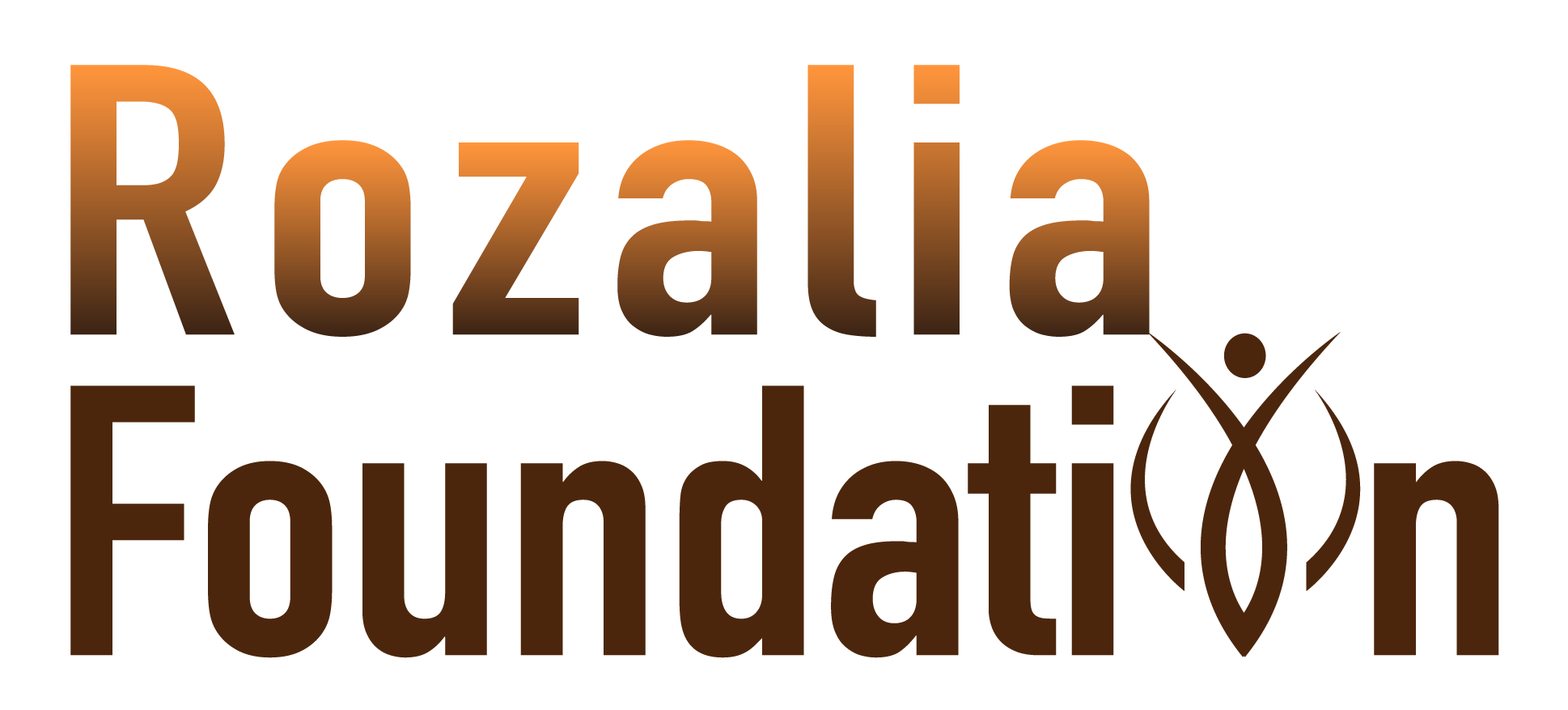Water Crisis in Maasai land-Community Empowerment
Half of the hospital beds in the world are occupied by patients suffering from diseases associated with lack of access to safe drinking water, inadequate sanitation and poor hygiene.
– United Nations Development Programme (UNDP)
Humans cannot live without water. Community Empowerment is a key strategy. The Maasai are struggling with frequent water shortages which are threatening their way of life. The lack of rain has had serious implications for the region as both people and animals are suffering. For centuries, Maasai people have well coped and mastered their natural environment from which they met their livelihood, as well as water for them and their livestock. However, the struggles of accessing water includes walking miles in search for water that is often contaminated, resulting in water borne diseases such as ameboid, parasitic related diarrhea and typhoid.
In recent decades, seasonal patterns have become unpredictable and rainfall levels have become lower which has made difficult accessibility of water in Maasailand. Also, since the Maasai have lived peacefully for thousands of years and coexisted in harmony with wildlife; many tourists enjoy visiting Maasailand for Safaris, because the Maasai have protected and cared for their land and the animals. As years goes on, the governments and environmentalist are evicting Maasai people from their land for so to build National Parks, Resorts, and Ranches which have turned most of the Maasai’s best lands with water sources into restricted areas. As a result of being separated from their land, the Maasai remain with only the driest and least fertile areas, and without access to water, they are having difficulty surviving. On another eye, Maasai people would not only lack water for their livelihood but also this would create generations which consider conservation to be a threat to their living and would hardly support sustainment of the ecosystems.

Women in particular face the challenge of fetching the scarce water for the household’s use. In some cases they are forced to walk for over ten kilometres in search of water. When droughts worsen and springs dry up, some are forced to return home empty-handed. Maasai may use donkeys to carry water, but people also carry water themselves. While women carry water on their heads, men carry water using their shoulders to demonstrate their strength. As pastoralists, Maasai must find water sources for their cattle, which can also be large distances away. During rainy season; natural reservoirs are plentiful during the rainy season and are filled up in March/April, usually lasting until June. It is around July throughout December that people struggle. As traditional cattle herders, the Maasai have found themselves leaving their homes for months at a time in search of pastures and water for their animals. In most cases this means vulnerable women, children and the elderly are left behind to fend for themselves in the villages.

Therefore shortage of water in Maasai land is matter of death and life. As critical as water become more scarce the whole community become worse off and often incidences of conflicts do arise between people and wildlife and everyone tries to defend self-survival. Rozalia Foundation’s interventions on water are holistic to give life back and address these conflicts by minimizing competitions and provide peaceful atmosphere to both people and wildlife. When humans, are provided with sources of pure water such boreholes and tap water it improves health and welfare of the whole community, particularly for women and girls who are traditionally response in collecting water for households’ consumption.

